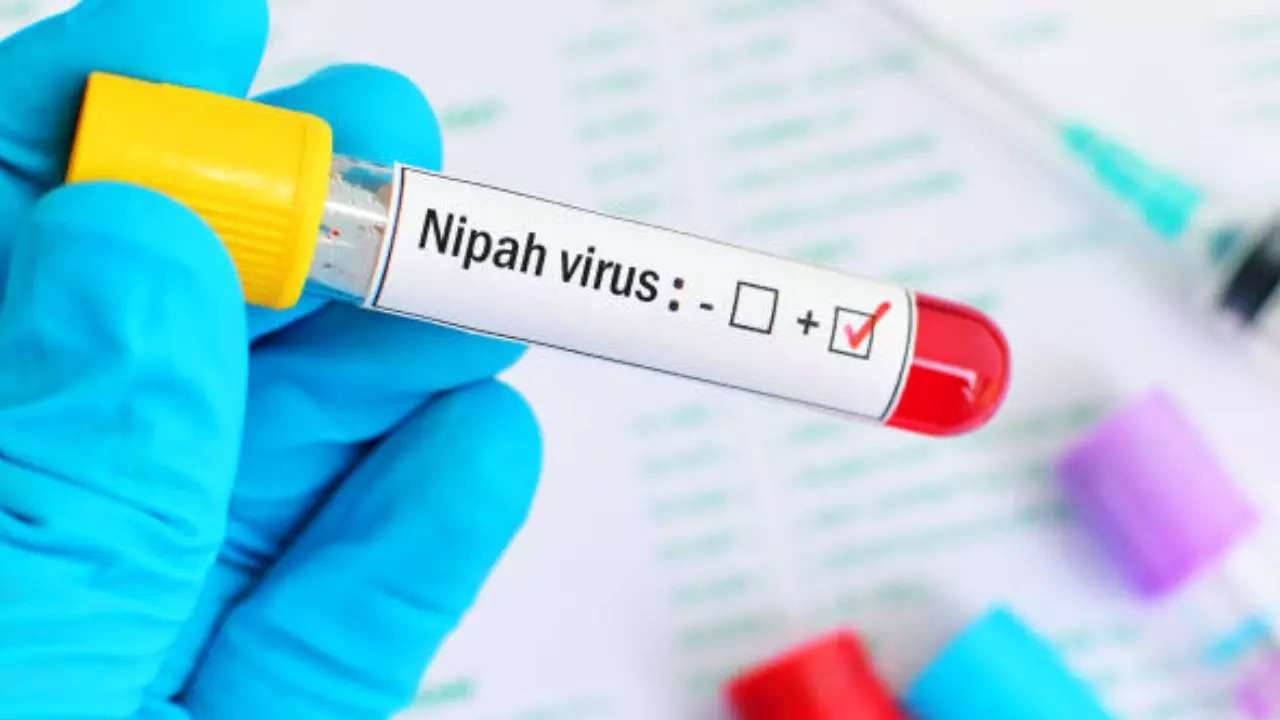Nipah virus confirmed in bat samples in Kerala’s Malappuram district; Tips to keep yourself safe
Antibodies to the Nipah virus were detected in six of the 27 fruit bat samples taken from Pandikkad, Malappuram, following which a 14-year-old boy died of the infection. Health Minister Veena George confirmed that all contact list tests were negative, 472 people were monitored and 261 had completed the 21-day isolation period. Read on to know tips to keep yourself safe.

Nipah virus confirmed in bat samples in Kerala’s Malappuram district; Tips to keep yourself safe (Image courtesy: iStock)
Nipah Virus Antibodies have been found in bat samples collected from Pandikkad in Kerala’s Malappuram district after a 14-year-old boy died of the infection. Health Minister Veena George said that out of the 27 fruit bat samples collected within a radius of 5 km, antibodies were found in six. All tests conducted on those in the contact list of the infected person have so far been negative for the virus. A total of 472 people are in the contact list, of which 261 persons have completed the mandatory 21-day isolation period and have been subsequently removed from the list.
Noticeable signs and symptoms
Nipah virus infection can cause a variety of symptoms, ranging from mild to severe. Early detection is crucial for effective management and prevention. Here are the common signs and symptoms:
Early symptoms:
– Fever: A high fever is often the first sign of infection.
– Headache: Severe headaches are common.
– Muscle pain: Muscle pain or muscle aches may occur.
– Sore throat: pain and irritation in the throat.
– Dizziness: feeling lightheaded or unsteady.
– Vomiting: Nausea and vomiting may occur as the disease progresses.
– Acute respiratory distress: difficulty breathing and respiratory distress.
Severe symptoms:
– Encephalitis: Inflammation of the brain causing drowsiness, confusion and changes in consciousness.
– Seizures: Uncontrolled muscle spasms caused by severe damage to the brain.
– Coma: In severe cases, the infection can also lead to a coma.
Long-term complications:
– Persistent neurological problems: Survivors may have long-term neurological problems such as convulsions and personality changes.
Incubation:
The incubation period (the time until symptoms appear) ranges from 4 to 14 days, but may extend up to 45 days in some cases.
Tips to keep yourself safe
Nipah virus is a serious zoonotic infection for which there is no specific treatment or vaccine available yet.
Avoid contact with bats and pigs
– Stay away from infected areas: Avoid visiting areas where Nipah virus outbreaks have been reported, especially those with populations of fruit bats.
– Avoid direct contact: Avoid touching bats, pigs or their excreta.
food security
– Avoid consuming raw date sap: Bats often contaminate date sap with their saliva, urine or faeces. Avoid consuming raw date sap and ensure it is boiled properly before use.
– Wash fruits thoroughly before eating: Wash fruits thoroughly before eating, especially if they have fallen on the ground or have bat bites on them.
personal hygiene
– Hand hygiene: Wash your hands frequently with soap and water, especially after touching animals or their products.
– Use protective gear: If you work in an area where there is a possibility of exposure to bats or pigs, use appropriate protective gear such as gloves and a mask.
Get the latest news on Times Now as well as breaking news and top headlines from across health and the world.
Nipah Virus


